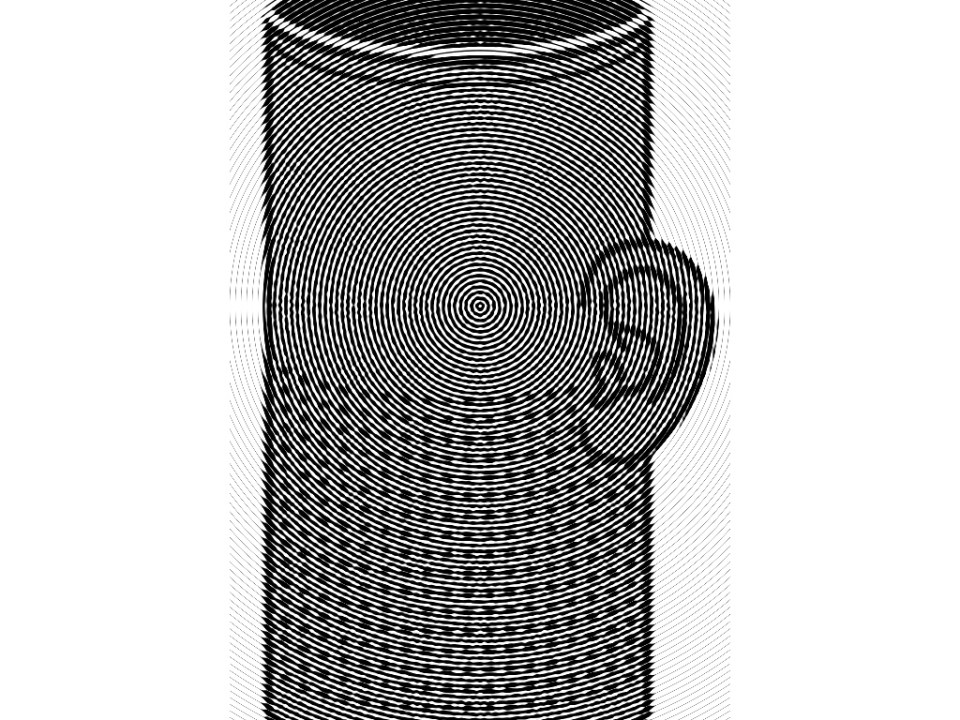“A tool is what amplifies a human skill to put him at the first spot in the nature chain”
The tools we work with have a lot of impact on what we can accomplish, and the more sophisticated the tools the better, especially in tech world. ” Voice Controlled Assistant” is one such tool introduced first by Apple. They named it ‘Siri’, building on this concept ‘Alexa’ was introduced by Amazon.
Alexa however, has grown up in an era of increasing disbelief about the power and morality of the “big five” tech companies: Amazon, Apple, Facebook, Google/Alphabet and Microsoft. Since voice-controlled digital assistants were introduced a few years ago, security experts have fretted that systems like Apple’s Siri and Amazon’s Alexa were a privacy threat and could be easily hacked. Recently there has been a rumbling that, the ‘VOICE CONTROLLED ASSISTANTS’ can be hacked using a Laser light.
According to a article reported by the Newyork Times, Researchers have found a way to take control of ‘Voice Controlled Assistant’ devices from hundreds of feet by shining laser pointers, and even flashlights, at the devices microphones. The report also claimed, to have opened a garage door by shining a laser beam at a voice assistant that was connected to it. They also claimed to have taken control of a Google Home which was 230 feets away from a 140 feet high clock tower. The research on this light flaw was conducted for a period of seven months and they found that the microphones in the devices would respond to light same as sound. Inside each microphone there ia a small plate, called a ‘Diaphragm’ which moves, when any sound hits it. This can be simulated by focusing a laser or a flashlight at the diaphragm, which converts it into electric signals, they said. The rest of the system then responds the way it would to sound. The research outcomes were shared with companies like Tesla, Ford, Amazon, Apple and Google, recommendations of redesigning of microphones are also provided to remedy the issue.
This issue cannot be rectified by simply covering the microphone with a piece of tape as we do for our webcams. These devices are programmed to work even with a thin foil shield for dirt protection, hence only the companies making these devices can remedy this privacy problem. I always recommend my clients and close circle to turn off their ‘Voice Assistants” when not used, this is the only solution to the problem currently, given that the makers of these devices are the ones interested in building the database.
Note:
Security researchers have a long history of revealing vulnerabilities in internet-connected devices. Experts have often cautioned that while those weaknesses can be surprising, they are often worst-case scenarios that can be exploited only in the rarest circumstances.
Mitigation:
Amazon has been the first Voice controlled assistant company to have centralized and expanded its controls for recording retention.
A user can review the voice recordings that Amazon has stored in your account by following below steps:
Settings > Alexa Privacy in the Alexa app or through Amazon’s website. Here you will find a list of recordings that Amazon library holds on you, There you can delete entries one by one, by date range, by device, or en masse.
You can also delete recordings by device on the Manage Your Content and Devices page. When you’re there, you can also enable voice deletion directly, creating a clean slate by saying “Alexa, delete what I just said,” or “Alexa, delete everything I said today.” To turn that on in the Alexa app or Amazon’s website go to Settings > Alexa Privacy > Review Voice History.
To opt out of sending your Alexa recordings for human review, go to Alexa Account in the Alexa app then Alexa Privacy > Manage how your data improves Alexa and turn off Help Develop New Features and Use Messages to Improve Transcriptions.
Keep in mind that these settings control only what Amazon retains, and don’t necessarily apply to third-party developers that may have collected your voice data through Alexa Skills.

